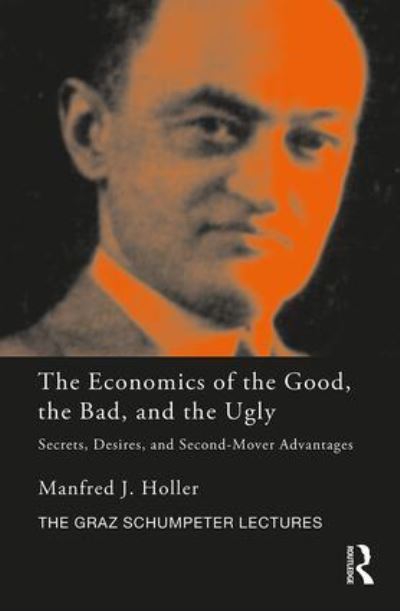
The highly praised Western, The Good, the Bad, and the Ugly, has been used in many game-theory courses over the years and has also found its way into leading journals of this field. Using the rich material offered by this movie, alongside other elements from popular culture, literature and history, this book furthers this exploration into a fascinating area of economics.
In his series of Schumpeter lectures, Manfred J. Holler uses his analysis of Sergio Leone's movie as a starting point to argue that combinations of desires, secrets and second-mover advantages trigger conflicts but also allow for conflict resolution. Many people and organizations have a desire for secrecy, and this is often motivated by a desire to create a second-mover advantage, and by undercutting the second-mover advantage of others. This book demonstrates that the interaction of these three ingredients account for a large share of social problems and failures in politics and business but, somewhat paradoxically, can also help to overcome some of the problems that result by applying one or two of them in isolation.
This book has been written for curious readers who want to see the world from a different perspective and who like simple mathematics alongside story telling. Its accessible approach means that it will be of use to students and academics alike, especially all those interested in decision making, game theory, and market entry.
| ISBN: | 9781138606982 |
| Publication date: | 2nd August 2018 |
| Author: | Manfred Joseph Holler |
| Publisher: | Routledge an imprint of Taylor & Francis |
| Format: | Hardback |
| Pagination: | 260 pages |
| Series: | The Graz Schumpeter Lectures |
| Genres: |
Economic theory and philosophy Microeconomics |